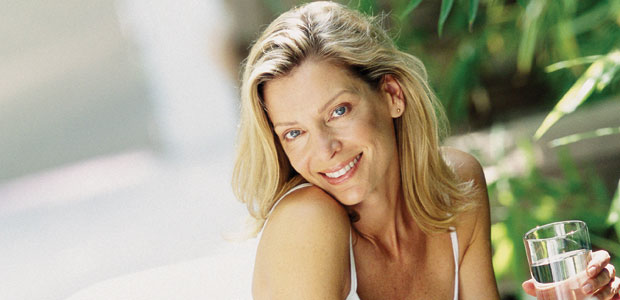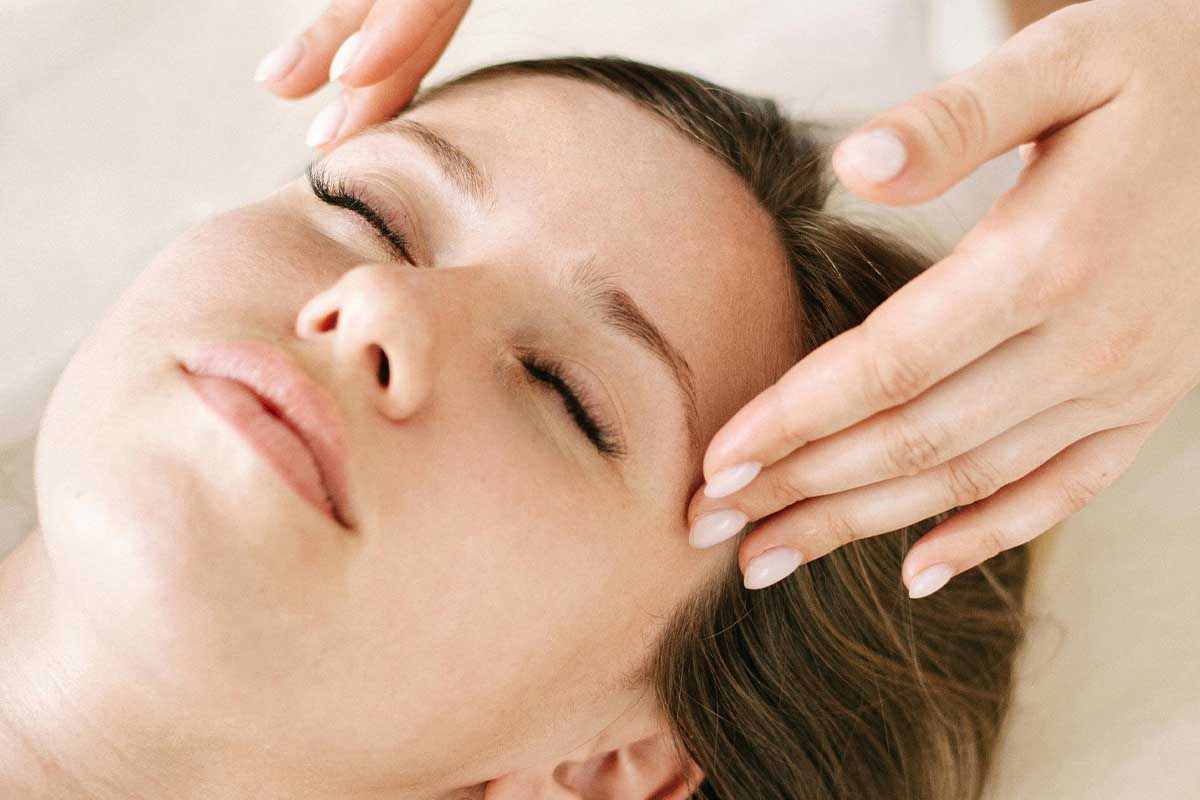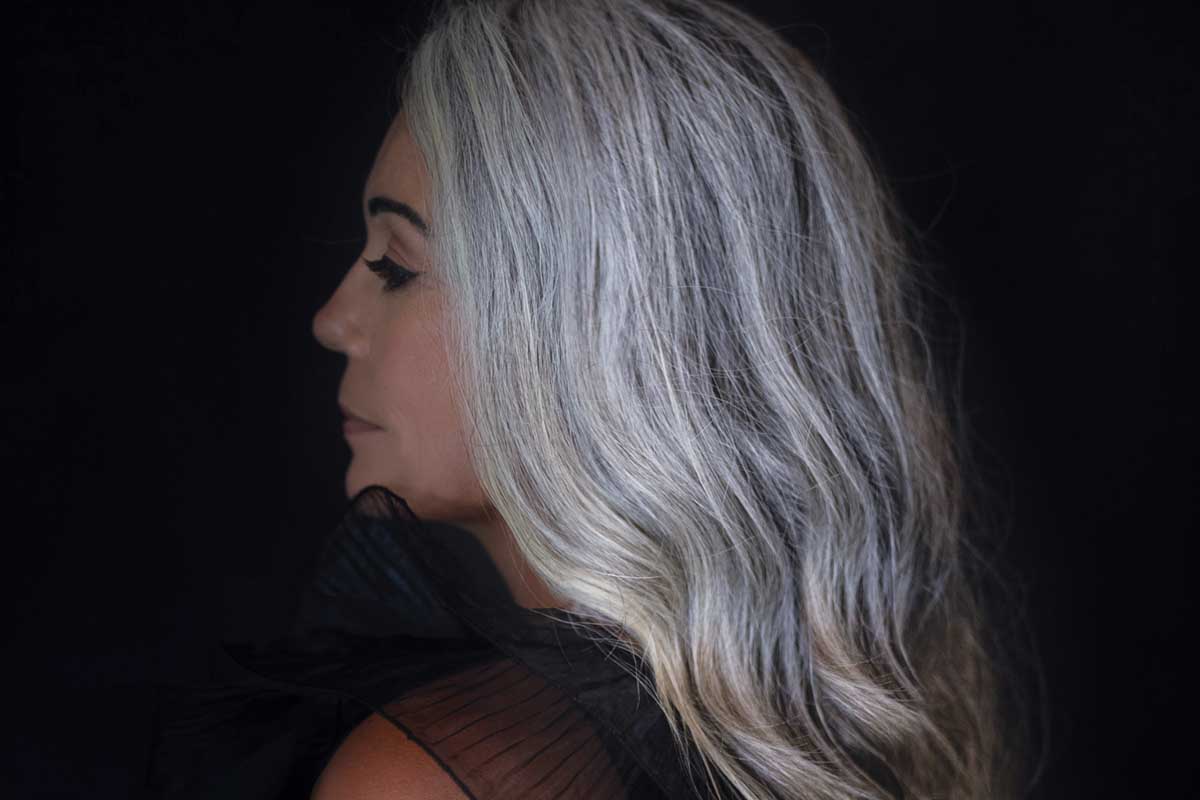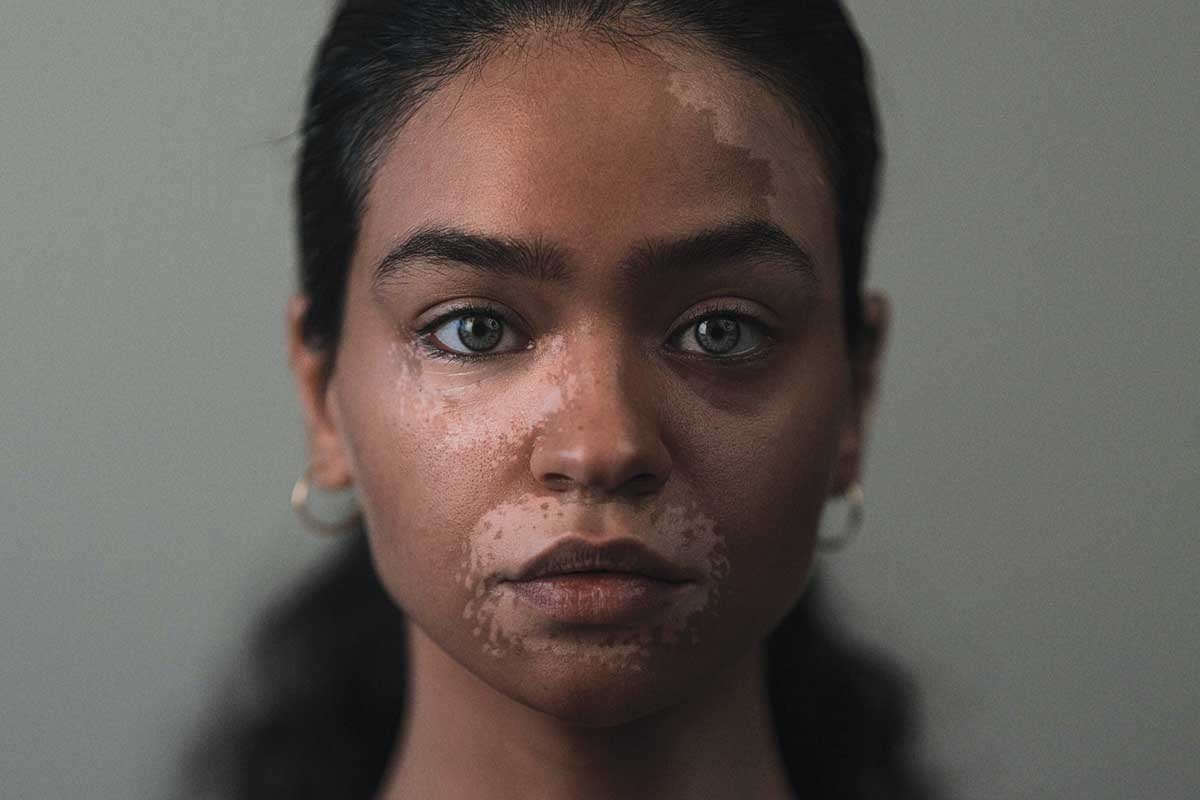Advertisement
Tropical Topical
Shea butter (pronounced shee) or beurre de karité isn’t made from milk. It is derived from the fruit of the Mangifolia tree (Vitellaria paradoxa), which the Yorubas of Nigeria in West Africa call “igi emi.” This tree grows wild in the savannahs (grassy plains) of Africa. The shea fruit is green and has a fleshy, … Continued

Shea butter (pronounced shee) or beurre de karité isn’t made from milk. It is derived from the fruit of the Mangifolia tree (Vitellaria paradoxa), which the Yorubas of Nigeria in West Africa call “igi emi.” This tree grows wild in the savannahs (grassy plains) of Africa.
The shea fruit is green and has a fleshy, edible sweet pulp containing 0.7-1.3 grams of protein and 41.2 grams of carbohydrate. Harvested once a year between the months of April and August, the fruits fall to the ground when fully ripened and are then gathered by hand.
Making the Butter
Shea fruit contains nuts, which are crushed, roasted, and ground into a paste. The shea butter is extracted from the paste, either traditionally or with the use of solvents.
For traditional extraction, the nuts are boiled and the resulting “butter” is known as unrefined shea butter. This butter retains all its nutrient content, including vitamins A, B, C, D, E, and K and iron, calcium, and protein. Unrefined shea butter is an organic product; its colour varies from deep cream to pale olive-green.
Solvent-extracted or bleached butter is known as refined shea butter. It is usually odourless, inexpensive–though reliable in quality–and does not become rancid. Refined shea butter is the choice of many cosmetics buyers in Europe and North America. You can find both refined and unrefined butters in health products stores in Canada.
A Treat for Skin and Hair
Unrefined, nutrient-rich shea butter offers many benefits for the skin and hair. It has been used to heal dry, itchy, scaly skin or scalps. The butter may also be used to reduce the appearance of wrinkles, age spots, stretch marks, chicken pox marks, and scars. Its cinnamic acid esters help reduce sun damage and sunburns as well as burns from heat. Shea butter doesn’t clog pores but penetrates the skin to start healing from the inside out.
Shea butter has been used to provide relief from muscle aches and cramps and to treat sprains, painful joints, and minor wounds. It is also said to be good for eczema, psoriasis, bedsores, cold sores, and rashes (including diaper rash). Shea butter can also be used as an after-shave and to control shaving bumps.
For hair care, shea butter adds moisture to dry and brittle hair, revitalizing, repairing, and preventing breakage and split ends. Shea butter helps to protect hair and skin from damaging sun rays and excessive heat, and promotes hair growth by stimulating the scalp.
This Butter’s Best!
Since it is nontoxic, Shea butter is also used in the food industries, particularly as a substitute for cocoa butter. Whether ingested or used in skin and hair care products, shea butter is safe and can be used by the whole family.




